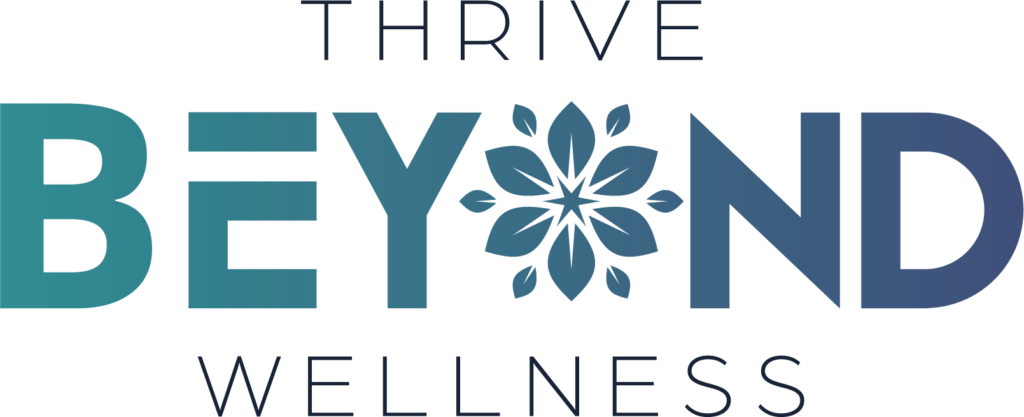
Why We Need to Pay Close Attention to Our Mental Health (And Sarcopenia) As We Age
According to the Centers for Disease Control and Prevention (CDC), 20% of individuals aged 55 years or older experience some form of mental issue. Most commonly, these include anxiety, depression, severe cognitive impairment, or bipolar disorder.
But with Mental Health Awareness Month in full swing, I want to take a moment and touch on an area of mental health we don’t talk about enough.
As we age (and especially during menopause), muscle degeneration happens. What’s not being discussed is how sarcopenia (loss of muscle mass) may influence neurotropic factors, leading to cognitive and mental health declines. We know mental and physical health intersect, so why aren’t we doing MORE about it? Keep reading…..
On top of this, when mental health and cognitive function take a hit, so does our life satisfaction. And this can actually lead to a slow decline of our overall health, leading to chronic ailments, inflammatory conditions, and life-threatening diseases that occur with accelerated aging.
So, here’s the thing: When we contract our skeletal muscle, this actually improves many brain factors, like BDNF (Brain-Derived Neurotrophic Factor). BDNF is actually linked to various psychiatric conditions, hinting at the idea that brain health (and physical health) is crucial for overall mental health and functioning. BDNF further helps regulate synapses in our brains, so with reduced BDNF, inevitably, issues ensue.
Let me clarify this…. Stay with me… Skeletal muscle degeneration and cognitive decline follow the same pathway. And women in menopause (and beyond) are often more at risk due to increased muscle degeneration caused by inflammation and changing hormones.
Most doctors don’t look at these connections. It’s so ingrained in the traditional healthcare system to slap a band-aid or pill on the problem. I’ve even personally seen women go through regular doctor visits where this is not addressed, and it largely impacts how independent they are toward the end of their life. In other words, it greatly impacts their mental health and quality of life.
So, let’s change the direction of the tides. Let’s make it a point not to strictly turn to pills or treatment when problems arise but to seek out comprehensive preventative measures. In light of Nurses’ Week (which ran from May 6th to May 12th), we also see this in the healthcare world; burnout, exhaustion, mental health issues, and more. It’s time we start opening our eyes and paying attention; Not only that, but taking this step further and taking action so we can lead healthy, happy, and fulfilling lives well into our later years—especially since around the years of menopause, we also experience significant grief in the form of loss of youth, loss of life, loss of relationships, loss of loved ones, and more.
Okay, so what does “taking action” look like?
According to various research, exercise is very important for muscle retention, including regular strength, balance, and power exercises. This can help us maintain muscle mass, prevent muscle wasting, and prevent associated mental health and cognitive conditions. We need to fill in this blind spot, especially if we want to keep our independence for as long as possible (or potentially even throughout our entire life; Yes! This is possible!). If you are 35 and up and heading closer to midlife than your 20s, then resistance and strength movement is critical for metabolic, bone, and muscular health and composition.
Lastly, we can use technology and data metrics to guide us through this journey toward better health. We can use wearable fitness trackers, such as FitBit or Whoop, to let us know how much we’re moving throughout our days and help us set goals (and achieve them). Some of these devices can further give us an estimate of our HRV (Heart Rate Variability), which can be used to determine how hard to push in your next exercise session. For instance, a lower HRV than your norm may mean you need to go for gentle movement today as your body continues to recover. High HRV, on the other hand, likely means you can push it in your workout today!
Are you interested in learning more about how you can level up your health? Sign up here!
Get more information about the future of telemedicine and hybrid services being offered by Thrive Beyond Wellness. This is a concierge style women’s health practice that I is geared for the woman who has been told:
- Your labs are NORMAL, but you still feel like CRAP!
- Need a holistic approach to hormone replacement and not sure if it’s right for you.
- Know your hormones are contributing to unwanted weight and poundage and ready to feel good and confident about yourself again.
There are limited patients accepted, so register while you still can!
Start with a FREE Consultation with one of our team members and see if we are a good fit for you.
Heal Women… Heal the World





